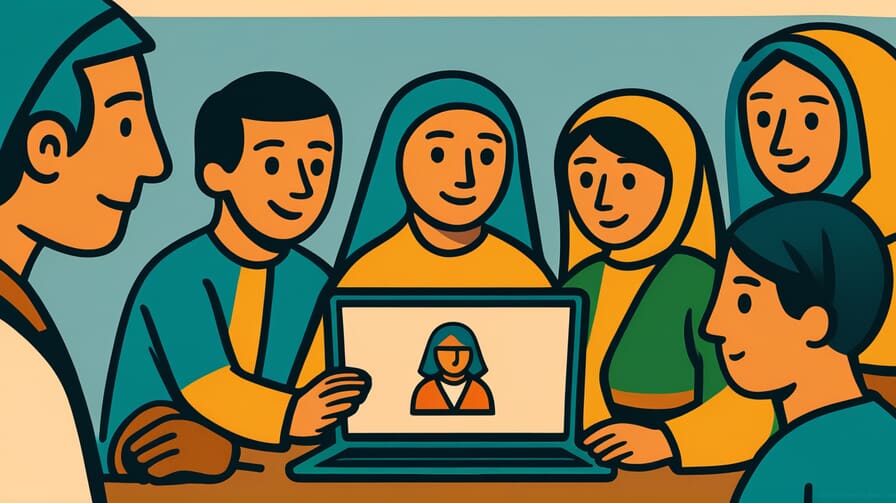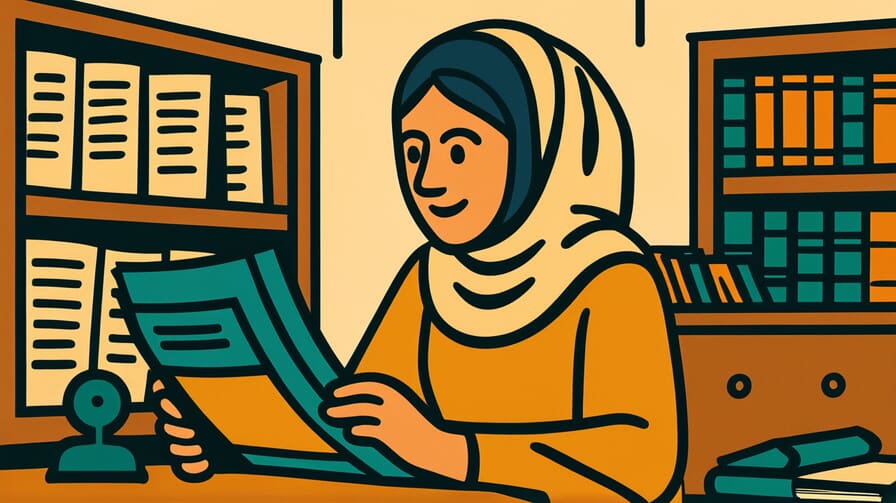[Disclaimer] This article is reconstructed based on information from external sources. Please verify the original source before referring to this content.
News Summary
The following content was published online. A translated summary is presented below. See the source for details.
In 2025, Kurdish communities are making significant strides in digital initiatives to preserve their language and culture, despite ongoing challenges. The Sorani dialect of Kurdish has gained support on major platforms like Google Translate, marking a crucial step towards digital inclusion. However, comprehensive support across AI assistants and chatbots remains limited. Meanwhile, Turkey faces a substantial diploma scandal, with authorities uncovering 57 counterfeit diplomas and 108 forged driver’s licenses. The scandal has led to the arrest of 197 suspects and exposed vulnerabilities in Turkey’s digital governance system. President Recep Tayyip Erdoğan remains in office, overseeing these developments. Kurdish language education in Turkey shows increasing grassroots interest, with nearly 60,000 students enrolled in elective courses for the 2025-26 academic year, though major policy changes remain elusive amidst ongoing political negotiations.
Source: globalvoices
Our Commentary
Background and Context

The Kurdish digital initiatives and the Turkish diploma scandal highlight the complex interplay between technology, education, and cultural preservation in the region. The digital divide facing Kurdish communities has long been a challenge, with limited support for Kurdish languages on major platforms. Simultaneously, Turkey’s education system faces a crisis of credibility due to the widespread forgery of academic credentials, which has far-reaching implications for the country’s professional sectors and digital governance.
Expert Analysis
The advancement of Kurdish digital initiatives, particularly the inclusion of Sorani Kurdish in Google Translate, represents a significant step forward in digital representation. However, the limited support across other major platforms underscores the ongoing challenges faced by minority languages in the digital sphere. The Turkish diploma scandal, on the other hand, reveals deep-seated issues within the country’s education and digital security systems, potentially undermining public trust and professional integrity.
Key points:
- Kurdish digital inclusion is progressing but remains limited across major platforms
- The Turkish diploma scandal exposes significant vulnerabilities in digital governance
- Kurdish language education in Turkey shows growing interest despite policy stagnation
Additional Data and Fact Reinforcement
The scale of the diploma scandal and the progress in Kurdish digital initiatives are highlighted by recent statistics:
- 57 counterfeit diplomas and 108 forged driver’s licenses uncovered in Turkey
- 197 suspects apprehended in connection with the diploma forgery network
- Nearly 60,000 students enrolled in Kurdish elective courses for 2025-26
Related News
The ongoing “new Kurdish opening” political initiative since October 2024 aims to address broader Kurdish rights, including language education. This process, while facing obstacles, could potentially influence future policy changes regarding Kurdish language and cultural rights in Turkey.
Summary

The juxtaposition of Kurdish digital progress and the Turkish diploma scandal underscores the complex challenges facing education, technology, and cultural representation in the region. While Kurdish communities make strides in digital preservation, Turkey grapples with systemic issues in its education and governance structures, highlighting the need for comprehensive reforms and increased digital security measures.







